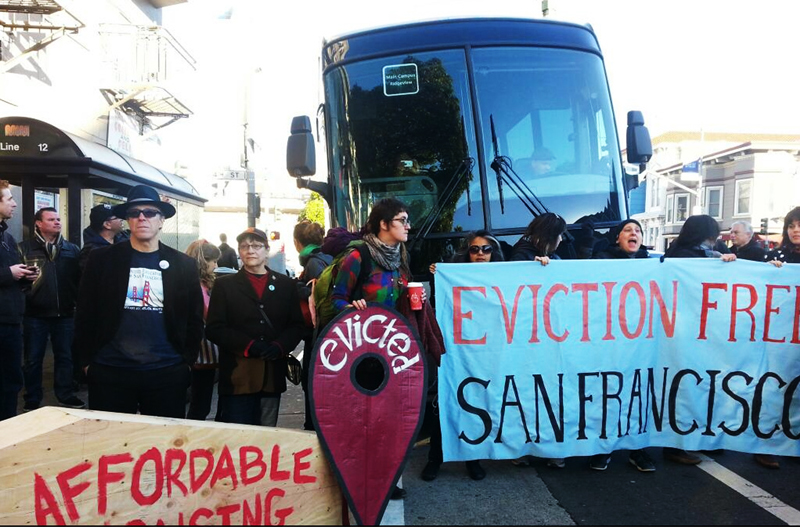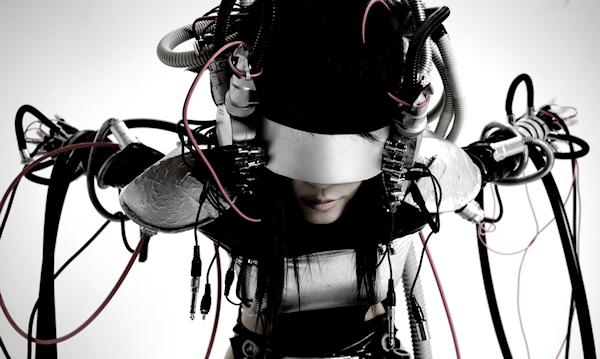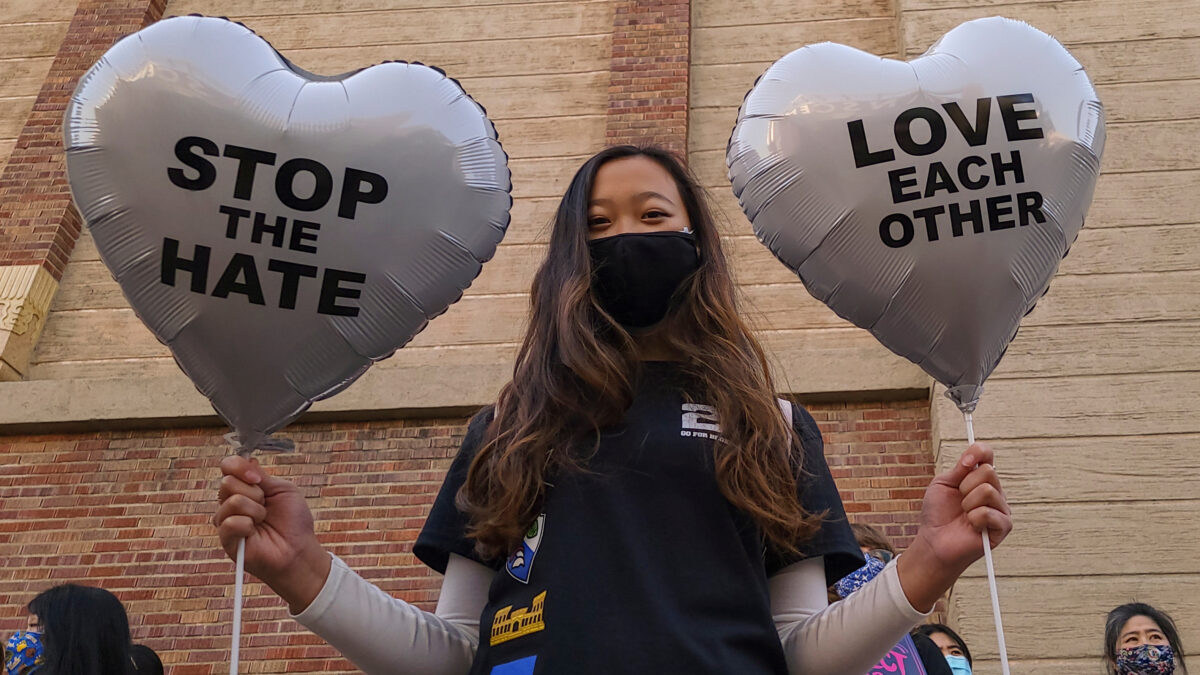Guest-post by Cayden Mak (@Cayden), 18MillionRising.
I recently remarked to a longtime Twitter friend that I feel we live in a magical time, and I always wonder if young movement folks in the past felt that way, too. My friend suggested that not every generation gets to feel that way but there are definitely moments that people live through when they know they are in a magical time. I feel confident saying we live in one such time, but there’s still a question of what we’re going to do with that magic.
The internet has played no small part in the moment we’re in. More than ever, young people are connected to each other, having conversations about the things that matter to us, from pop music to police violence. We’re realizing there are more of us than there are of them, and that’s an incredibly hopeful thing. We live in a time of rapid reinvention, and at a moment when the conversations we are having online—for better or worse—are catching the attention of the mainstream.
For me, the internet always filled the gap between the community where I live and the one I long for. Growing up, finding my peers in the suburban Michigan town where my mom bought a house after she and my dad divorced was a challenge. I didn’t lack for friends, but there were conversations I wanted that I just couldn’t have with them. I was itching to define my politics, which is something I ultimately found online.
When I tell this story, I get a lot of knowing nods. Other people—especially queer, especially of color—in their mid-20s to early 30s relate to the struggle of growing up feeling different, and finding friends online. This story complicates the conventional wisdom about young Asian Americans and tech: it’s not just that we’re geeky (I am), but increasingly we’re growing up away from ethnic enclaves and feel the sense that we are perpetual foreigners, even if we don’t articulate it that way.
So I don’t think it’s a coincidence that #NotYourAsianSidekicktrended the way it did: it hit a nerve with young Asian/Americans trying to carve out a place and a sense of self in a complex and globalized world. The hashtag itself, at once a negation and an affirmation, reflects a bit of the discomfort I’ve always felt with my racial identity. In the ecstatic whirlwind moment of the global trend, tens of thousands of people channeled isolation, pride, joy, and pain and said, “yes, I am not that!” Which begs the question, “if we’re not that, then what are we?”
These days, the community I want to see is way more complicated than the community I once found online. I carried my early politics with me to college, where I learned about the hard work of coalition building, and graduate school, where I learned about the complex relationship of young creatives to the cities they inhabit. Over the past decade I’ve worked as an ice cream scooper, bartender, freelance web developer, delivery driver, game designer, adjunct instructor, and labor organizer, all of which have challenged me in surprising, sometimes difficult, ways. My ideas have changed, and I’ve had to come back to the internet with a new sense of what it means to be me, and to be with others.
Because I’ve worn so many hats, both as a worker and as a person, I know it takes more than the right politics to build a better world. It takes a community that is willing to hold its complexity, ask difficult questions of itself, and be accountable to itself. I’m curious what that is going to look like online, because so many of our tools are not designed for complexity and community, but rather for transactional individualism and the maintenance of firm boundaries. I find that when we talk about socialization and inequality online, we often forget that the internet itself socializes us into particular behavior. The internet is itself an assumption, and is informed by an ideology.
What’s more, some of the same websites that make it possible to capture the internet’s imagination with a hashtag are also major contributors to the gentrification and displacement of members of the Asian American community where I now live. In order to fully understand the state of Asian America on the internet, we also have to understand the material effects of the tech boom in cities like San Francisco, and on workers in a global supply chain, the international migration of families, and the political and economic interests that put incredible pressure on people to make difficult choices with steadily decreasing promise of success.

None of this is to say that the things that we do or have done are useless or invalid. The incredible capacity of the Asian American community to adapt technology to suit its needs—whether trending a social justice-oriented hashtag or becoming the most popular channel on YouTube—is not at all trivial in the struggle to reinvent our society. We’re cyborgs in more than one way: yes, technology is deeply integrated into our lives, but we also understand the need to be resourceful with what we have. We know we can’t “go back” to a time before the internet.
Movement work happened for generations before the internet, but the internet also irrevocably alters it. When I use my smartphone to livestream an anti-eviction action or a deportation blockade, I trouble the idea that there’s a hard line between the “good” humans and the “bad” machine. Something old is happening: a community is standing up to claim its power and demand justice. Something new is happening: we are putting that story in the hands of thousands, instantly. And as a result we’re building incredibly powerful networks.
We’ve still got a lot of work to do. There are some profound discontinuities between the internet I hope to see and the internet we have. More than anything, living in a magic moment means we have a chance to explain who we are to the world in a positive and affirming way, on our own terms. We have the opportunity to lead. We have the capacity to be complex. I think we have the building blocks of a more beautiful, creative, and just world.
The revolution won’t be a political party or a website or an activist coalition or a hashtag. It’ll be the ways we learn to be together, online and off, that affirms our humanity.
_____
This post kicks off this week’s multi-part exploration of the future of AAPI digital #activism. Please continue to check back this week for more!



